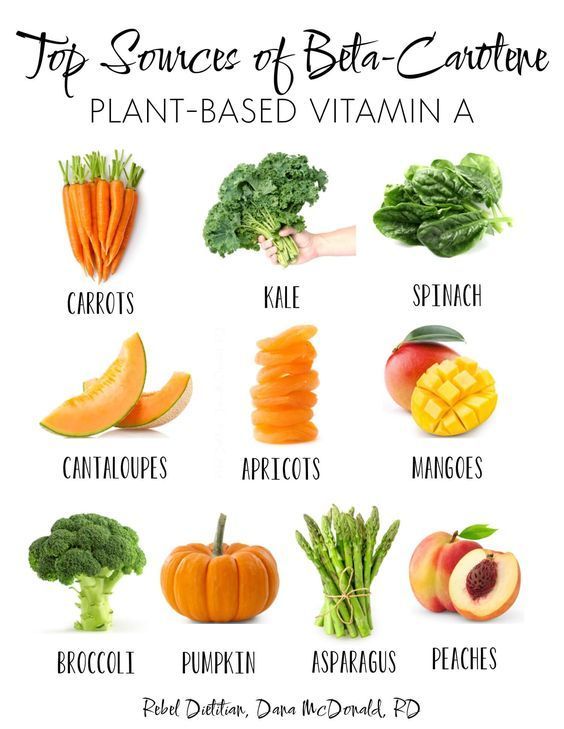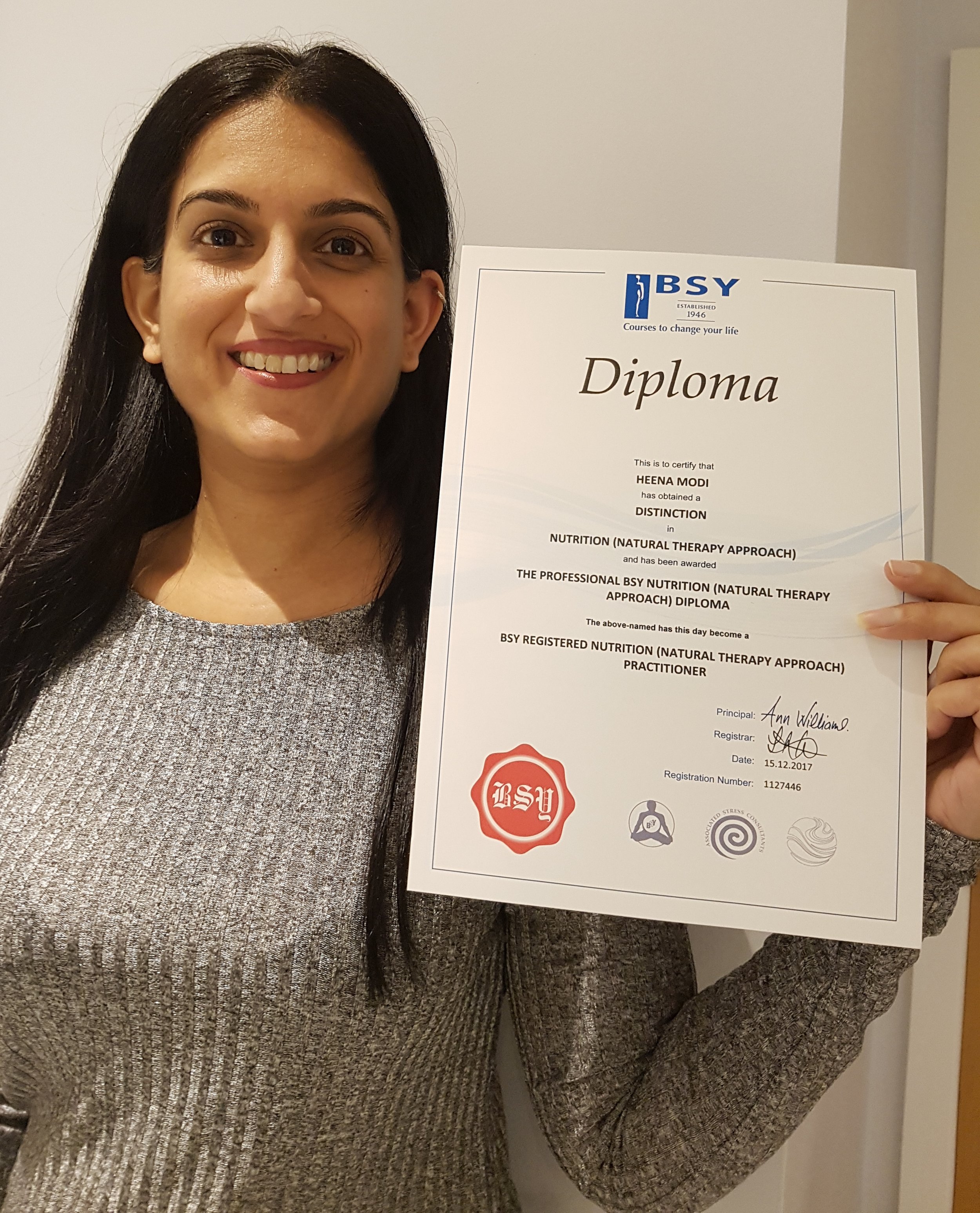Vitamin A: why, how much, where from and why we shouldn’t consume too much
There are a few groups of people who need to be careful and avoid consuming too much Vitamin A. Find out much Vitamin A you should consume and why.
Read More
love ♥ living ♥ vegan
Following a plant-based or vegan lifestyle, is about food, drink, clothes, shoes, body treatments, hair products and more.
It's a conscious decision to think, walk and possibly, talk a better lifestyle.
I support individuals who are thinking about making the shift, as well as, those who have already begun their plant-based journey.

There are a few groups of people who need to be careful and avoid consuming too much Vitamin A. Find out much Vitamin A you should consume and why.
Read More
Find out why I made the decision to become a qualified Nutritional Practitioner and how I think it will help you...
Read More
Photo from The Plant Strong Vegan
The myth!
There has been a lot of focus on protein intake, which resulted in a lots of coverage saying that we needed to consume more. This hype about increasing how much protein we eat was aimed at everyone. Thus the ‘sporty’ folk were told that they needed to eat even more than everyone else. However, excessive protein can do a lot of damage, and people are now realising that the suggested intake was too high.
Read MoreWhen my friends and family found out that I was following a vegan diet, I'd often get asked 'How do you make sure you get enough Calcium?' I found it strange that the false equation between dairy milk and calcium was so strong. Everyone seemed to believe you needed one for the other! Some of us are able to answer questions like this, others don't want to answer, and for some, they'd like something to help them give a response.
Whichever category you fall into, it's worth reading what Gary L. Francione & Anna Charlton have to say about vegans and calcium intake.
Yes. In fact, if you don’t consume dairy, and are conscientious about getting calcium from plant foods, you may well reduce your chances of getting osteoporosis.
“What?” you ask. “But we are told that we need milk and other dairy products in order to have strong bones.” Yes, we are told that — by the dairy industry. But that does not mean that it is true. We don’t need to drink the milk produced by another species; indeed, we are the only species that does so. In order to perpetuate the profitable notion that we need cow’s milk, we are subjected to nutritional disinformation.
We need calcium for strong bones. The dairy industry tells us that cow’s milk is the sole or primary source of calcium. But cow’s milk is not the only, or the best source of calcium. Many plant foods are excellent sources of calcium: molasses; almonds; figs; sprouted sunflower seeds; sesame seeds; tofu processed with calcium sulfate; calcium-set tofu; bok choy; broccoli; Chinese cabbage; kale; mustard greens; okra; beans; and fortified soy, almond, coconut, hemp, and rice milks.
Moreover, not only is cow’s milk not by any means the only source of calcium, it’s not the best. The body needs magnesium to absorb calcium and cow’s milk does not have sufficient magnesium to support its level of calcium. This results in the accumulation of excessive calcium in the body and that can lead to the development of calcium deposits in our joints and kidneys.
The consumption of animal protein, including the protein found in dairy products, causes our blood to acidify, which results in the leaching of calcium from our bones and our eventually excreting it from our bodies. So the consumption of dairy products not only does not prevent osteoporosis but it can actually cause it!
In The China Study, Dr. T. Colin Campbell found that a protein found in cow’s milk — casein — promoted cancer. Dr. Joel Fuhrman also notes in Eat to Live that there is a strong correlation between dairy lactose and heart disease.
Do vegans have to be sure to eat enough calcium-rich plant foods to ensure that they have sufficient calcium? Yes. But given that more than 60% of Americans who consume milk are deficient in calcium, diligence is not only a matter for vegans. Indeed, given the other issues involved with cow’s milk and the proteins contained in it, the vegan, once again, has the nutritional advantage.
Where do vegans get their protein from?
How do vegans get enough iron if they don't eat meat?
Link to a book by Gary L. Francione & Anna Charlton: An exploration and rejection of the various excuses — the “Buts” — that keep us eating animal foods.
“Men have a tendency to believe what they least understand.”